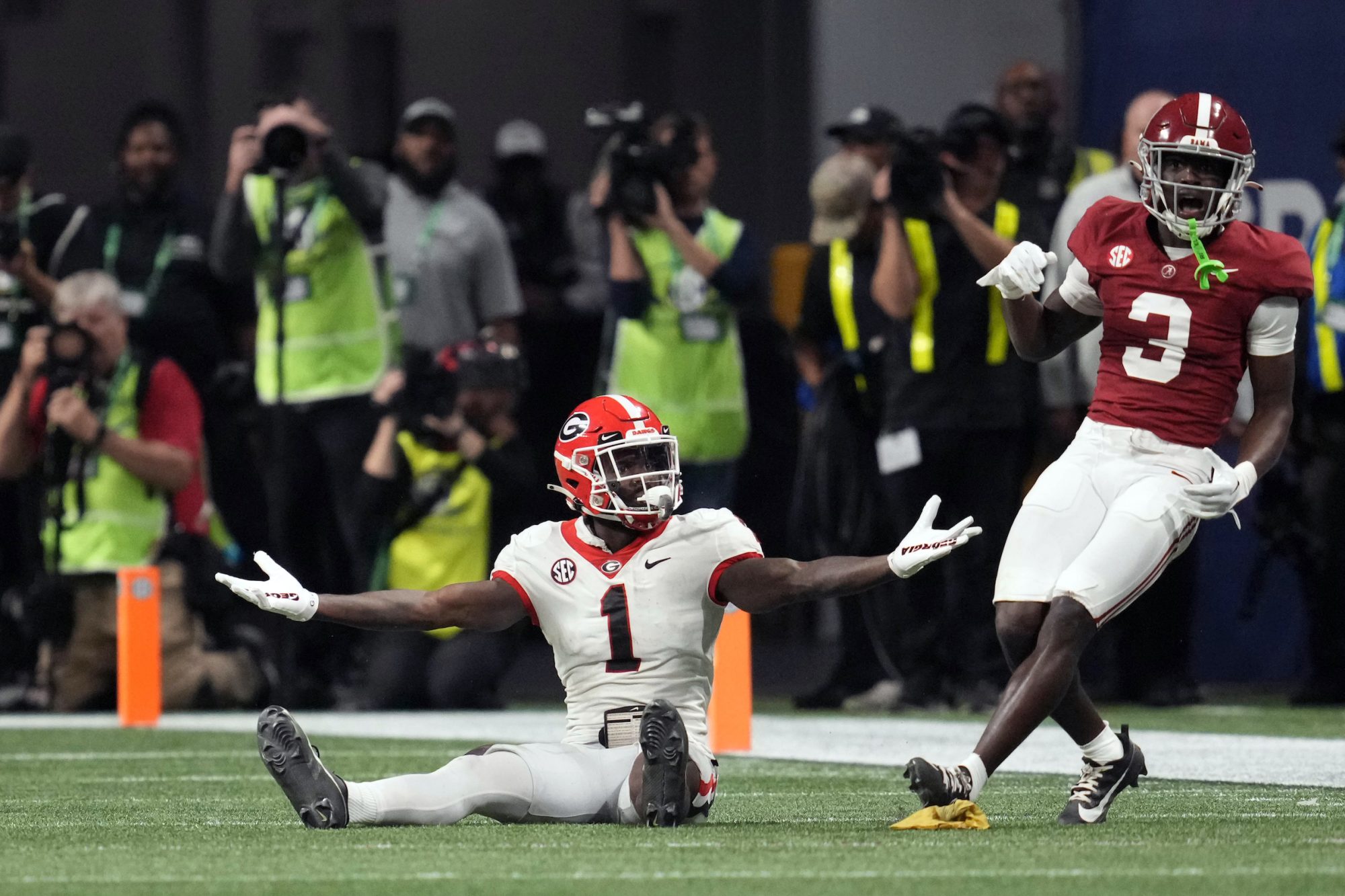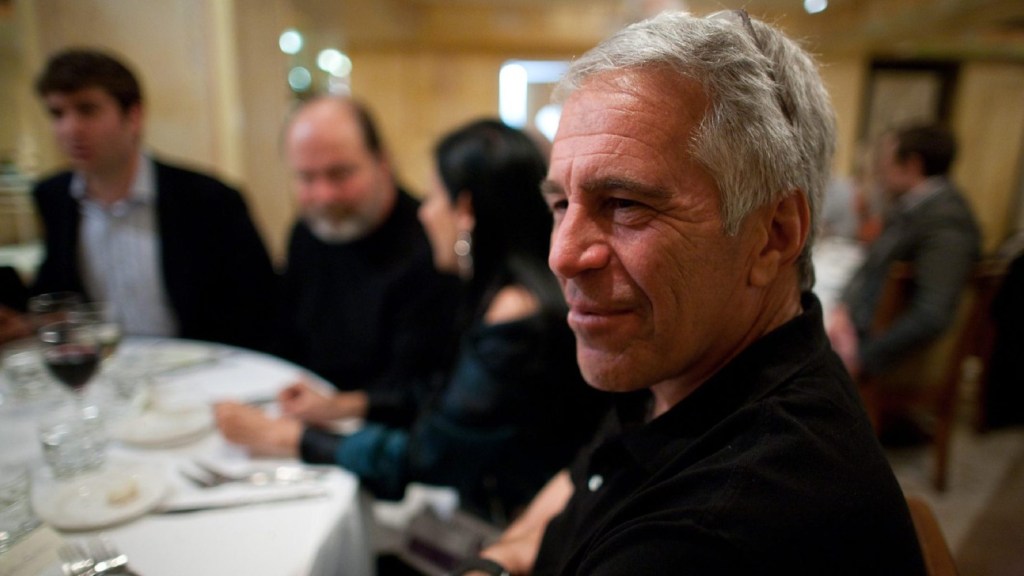One college athlete advocacy group is proposing a solution to reforming college sports that doesn’t include employee status.
The College Football Players Association said athletes could gain the rights to collectively bargain without being deemed employees under federal labor laws. The group, which counts current and former players in its membership and leadership roles, announced its position in an email newsletter and press release Monday.
Executive director Jason Stahl was adamant that the CFBPA is not opposed to players becoming professionals. But the organization thinks it may be a more palatable solution to the debate over athletes receiving more compensation and power in the NCAA structure. The CFBPA suggests that collective bargaining without employee status could be adopted more quickly than an employment model, and that it could provide athletes the same protections and benefits.
“We do think that there has been such a dominance in the conversation around the employee model that it has ground things to a halt in a way that is not productive,” Stahl tells Front Office Sports.
Significantly, it’s possible that this model could help college athletes earn more money than they could as employees, Stahl says. Conversations surrounding revenue-sharing, and specifically settlements in the House v. NCAA case over the definition of name, image, and likeness rights, could set up a system in which players could share a pool of millions of dollars, rather than hourly minimum wage. Stahl also believes that crucial issues like increased medical care, oversight on health and safety, and more power in NCAA governance, can be achieved without employee status.
There’s little precedent for this type of concept, however, outside of a 2012 paper by prominent labor lawyer Michael LeRoy, which Stahl cited in his newsletter as a jumping-off point.
For the past several years, the college sports industry has been embroiled in a debate over whether athletes should become employees. Major insiders, from championship football coaches to the NCAA president, believe that players, especially in high-revenue sports, deserve a bigger cut of revenue—and perhaps even the ability to collectively bargain. But the NCAA has fought hard against an employment model, spending millions of dollars in court and in Congress to protect its model of amateurism.
Stahl says most of the players he speaks with are, in many cases, unwilling to or uninterested in going up against the NCAA to become employees. For one, recent cases against the NCAA, like Dartmouth and USC, are tied up at the National Labor Relations Board and could take years to reach a final decision. Additionally, athletes are also concerned about making “a direct challenge” to their own programs, coaches, and conferences in many cases, Stahl says. “Athletes that we have been talking to do not have the appetite for something like that.”
The announcement doesn’t mean the players are completely against being professionals, Stahl says. He thinks more research and polling is needed about what players want, and that in many cases, players don’t have an opinion one way or another. (There’s also evidence athletes are uninformed—or even misinformed—about the pros and cons of employment, thanks to the talking points fed to them through the NCAA.) The CFBPA fully supports anyone who does want to pursue employment status, like the players on the Dartmouth men’s basketball team. “We’re trying to only do what college athletes want us to do,” Stahl says.
For the model to become a reality, Congress would likely have to pass some sort of law that gives college athletes a special status under U.S. labor law, given that collective bargaining rights are not currently granted to amateurs.
The CFBPA has had conversations with lawmakers already, and will continue advocating for the idea on Capitol Hill this week. “I think it is striking the way in which people [in Congress] are like, ‘I want to hear more about this,’” he says, noting that that interest is coming from “both sides of the aisle.” Ahead of the general election in November, the question of whether college athletes should be employees—and be able to unionize—has become extremely partisan, as lawmakers see it as an extension of the ideological differences between Democrats and Republicans on labor rights issues. A compromise seems much more likely.





![[Subscription Customers Only] Jul 13, 2025; East Rutherford, New Jersey, USA; Chelsea FC midfielder Cole Palmer (10) celebrates winning the final of the 2025 FIFA Club World Cup at MetLife Stadium](https://frontofficesports.com/wp-content/uploads/2026/02/USATSI_26636703-scaled-e1770932227605.jpg?quality=100&w=1024)











